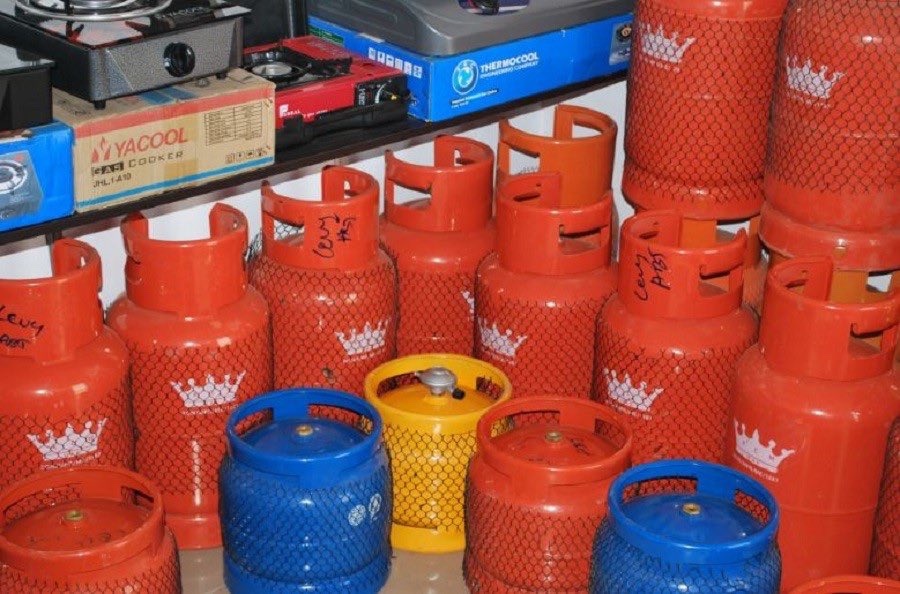

In a move that signals growing dominance in Nigeria’s domestic energy market, the Dangote Refinery has once again reduced the ex-depot price of Liquefied Petroleum Gas (LPG) — commonly known as cooking gas — from ₦810 to ₦760 per kilogram.
The price adjustment marks Dangote’s second reduction since entering the LPG market in 2024, part of the conglomerate’s wider effort to stabilize Nigeria’s gas supply and reduce reliance on costly imports amid global energy price volatility.
According to refinery officials, the cut aims to make LPG more affordable for distributors and consumers while boosting local availability. The decision follows weeks of supply disruptions and skyrocketing prices that pushed cooking gas retail costs to record highs across Nigerian cities.
However, despite the refinery’s new price, the impact at the retail level remains minimal. In Lagos, Abuja, and Port Harcourt, consumers report that prices continue to hover between ₦1,300 and ₦1,400 per kilogram, with many outlets citing transport costs, storage fees, and profit margins as reasons for the persistent gap.
The disparity has fueled growing public frustration, with Nigerians taking to social media to accuse distributors of profiteering and preventing the benefits of Dangote’s price cuts from reaching ordinary households. One X user wrote, “Dangote reduced price twice, yet my gas seller added ₦200 — who’s regulating this thing?” Another quipped, “In this economy, even good news can’t make it to the market unchanged.”
Industry experts note that while Dangote’s move could eventually force prices downward through competition, structural issues such as distribution bottlenecks, limited storage capacity, and transportation costs continue to hinder immediate relief.
Still, analysts say the refinery’s consistent downward revisions position it as a potential stabilizer in Nigeria’s volatile energy landscape — a role once expected of government subsidies that have largely failed to curb inflation-driven household costs.
With the refinery now expanding its supply chain and eyeing export capacity, many observers see this as a turning point in Nigeria’s quest for energy self-sufficiency. But until the retail prices catch up with refinery reductions, most Nigerians remain skeptical, waiting for the day when “Dangote’s promise at the depot” becomes “relief in the kitchen.”


